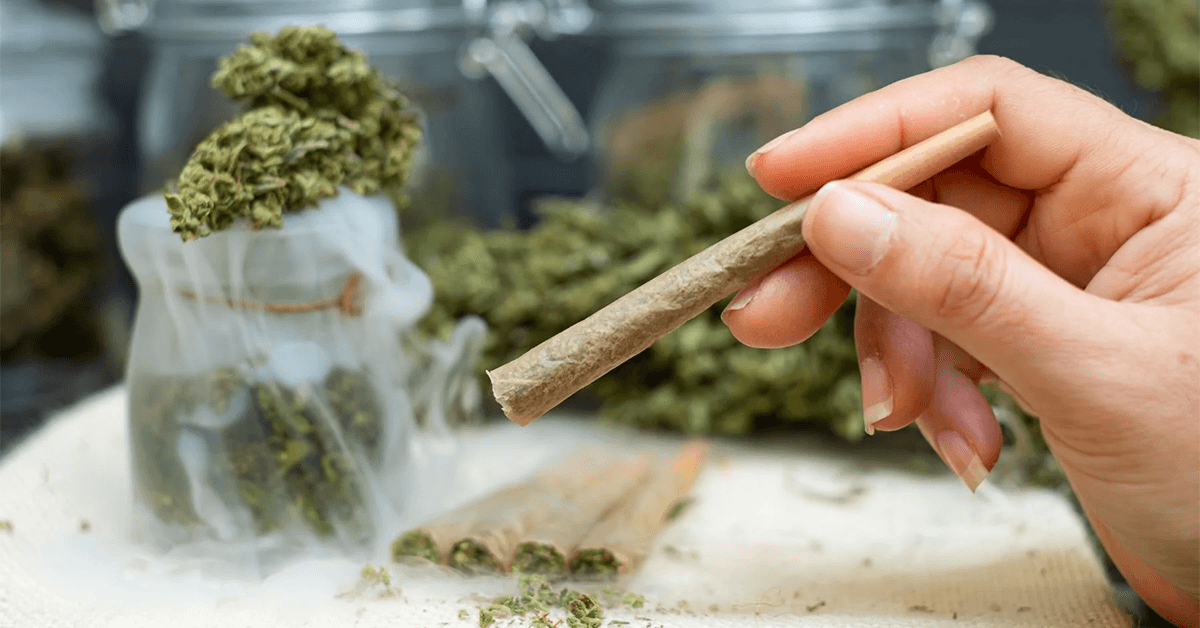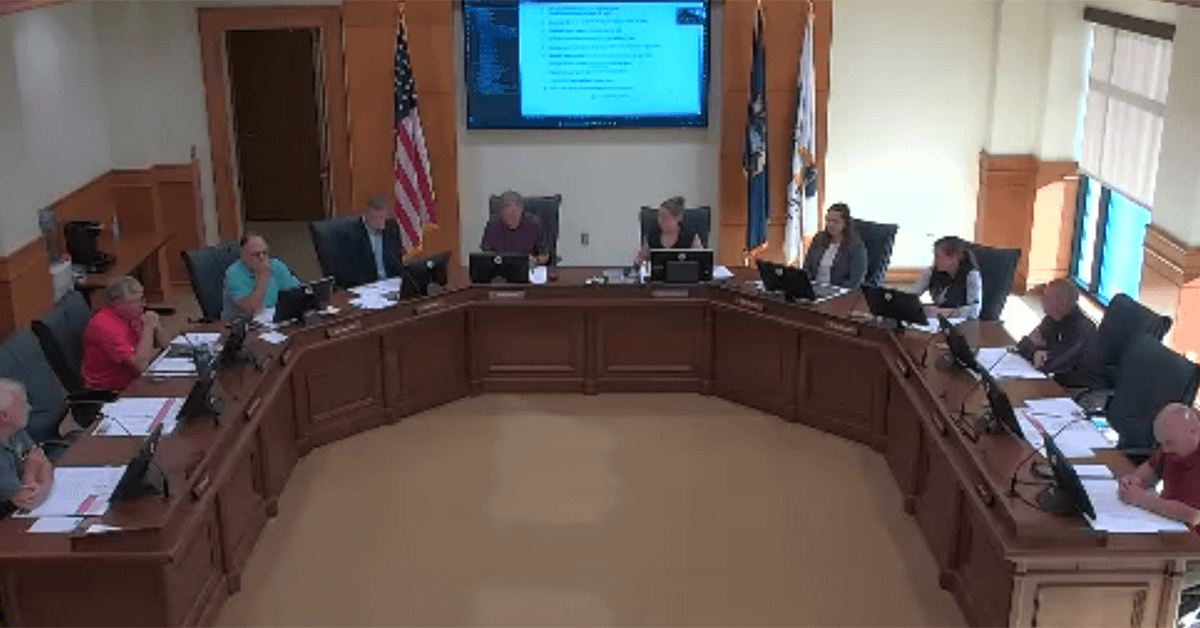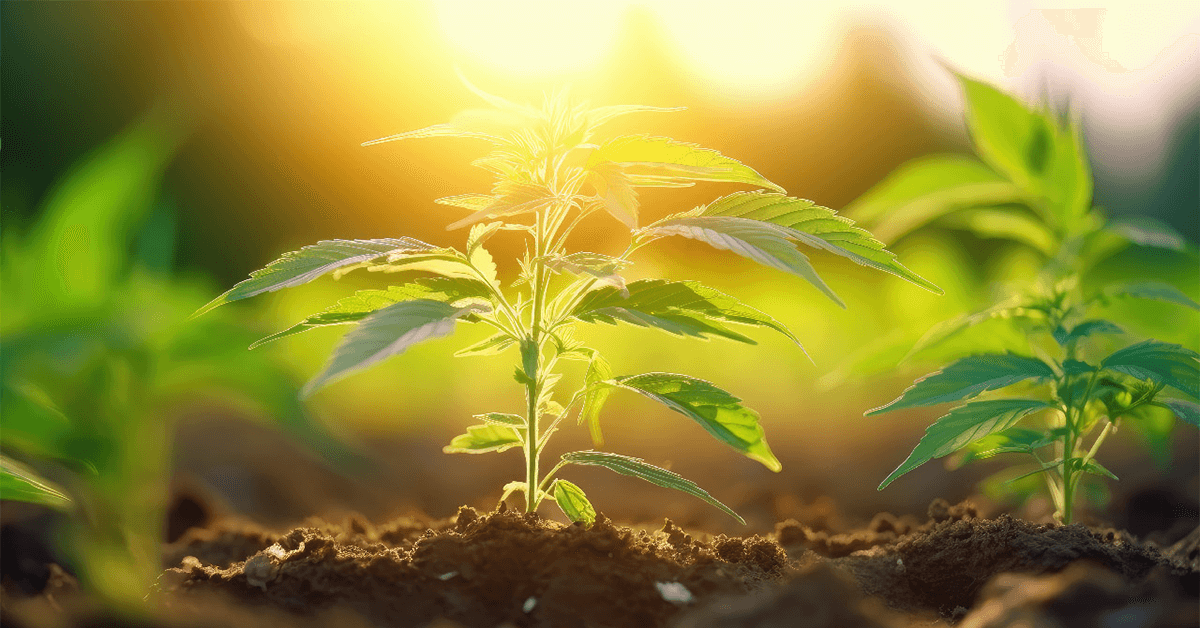Health Concerns Mount as Delta-8-THC Gains Popularity Among Teens

Approximately one-third of high school seniors in the United States have used cannabis in the past year, according to recent findings from the Monitor the Future study conducted by the University of Michigan. This annual survey provides insight into the substance use trends among American teens, drawing on data collected from 22,318 students at 235 public and private schools nationwide from February to June 2023.
In addition to traditional cannabis use, the study revealed that about 11% of 12th graders have experimented with delta-8-THC, a psychoactive compound derived from hemp and known for producing a milder, euphoric high compared to delta-9-THC found in cannabis. Despite its legal ambiguity and availability in child-friendly forms such as gummies and chocolates, delta-8-THC is legally accessible in 22 states plus Washington, D.C., often with minimal regulatory oversight.
The widespread legal status of delta-8-THC can be attributed to the 2018 Farm Bill, which excluded hemp from the federal list of controlled substances, inadvertently making derivatives like delta-8-THC widely available, even to minors in some states. This availability has raised concerns among health experts about the potential risks associated with its use, especially among teens.
Nora Volkow, Director of the National Institute on Drug Abuse, emphasized the significant number of adolescents using delta-8-THC and expressed concerns about the lack of research on its effects. "The accessibility of such substances to teens is alarmingly high. We need to educate young people about the risks and ensure that those who need help can access treatment for cannabis use disorders and other mental health issues," Volkow stated.
The study also highlighted the changing perceptions and increased potency of cannabis products. Ryan Sultan, assistant professor of clinical psychiatry at Columbia University, noted the need for a nuanced understanding of cannabis's effects. He pointed out that while cannabis is not the dangerous "reefer madness" substance once feared, it is also not a harmless cure-all. Sultan's research indicates that adolescents using cannabis are significantly more likely to suffer from major depression, suicidal thoughts, and other negative outcomes compared to their non-using peers.
Furthermore, the use of cannabis among young adults aged 19 to 30 has reached new heights, with a notable rise in cannabis vaping, which poses distinct health risks and increases the ease of use in discreet environments like schools.
This comprehensive data underscores the importance of continued research into cannabis and its derivatives, informed public health policies, and targeted educational efforts to address the complexities of cannabis use among America's youth.
Share this article:
Spotted a typo, grammatical error, or a factual inaccuracy? Let us know - we're committed to correcting errors swiftly and accurately!








 Helpful Links
Helpful Links